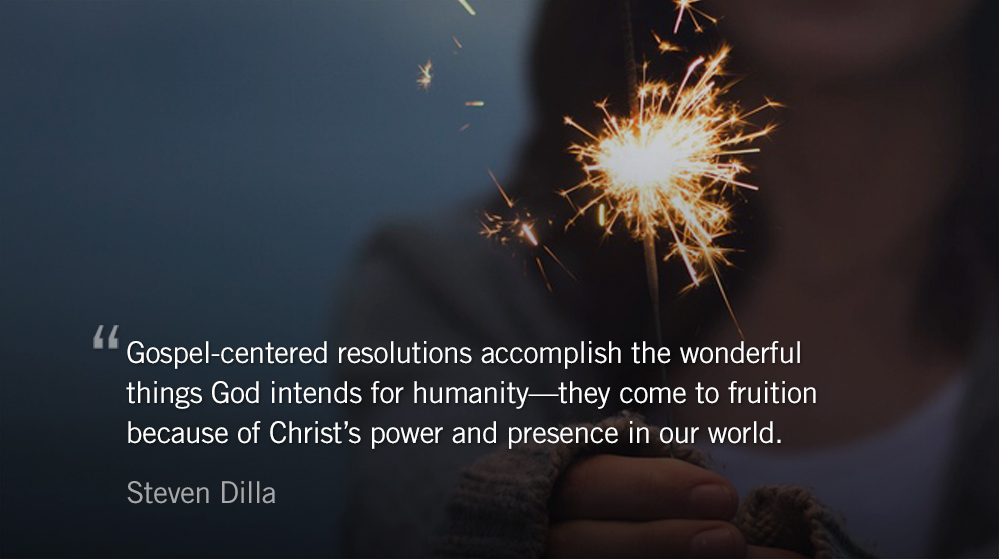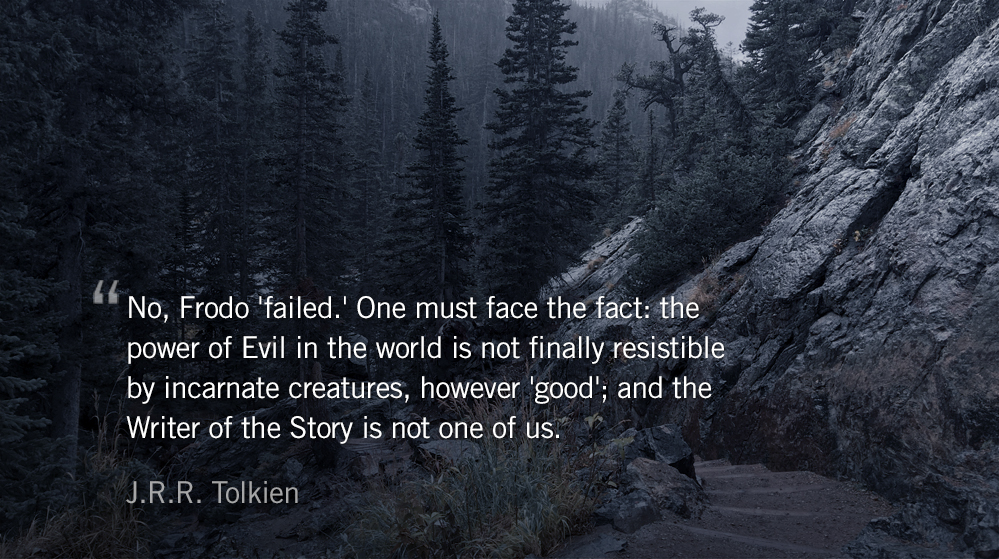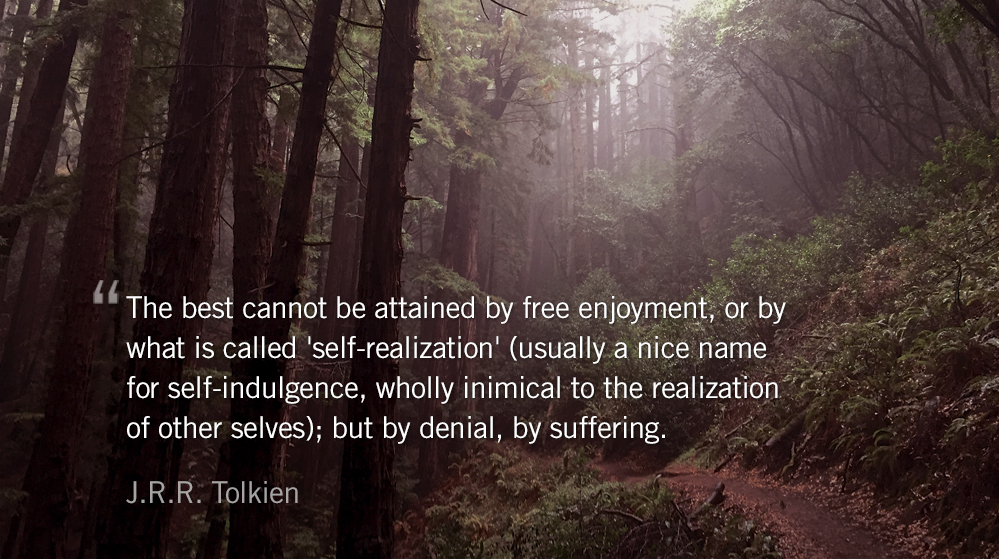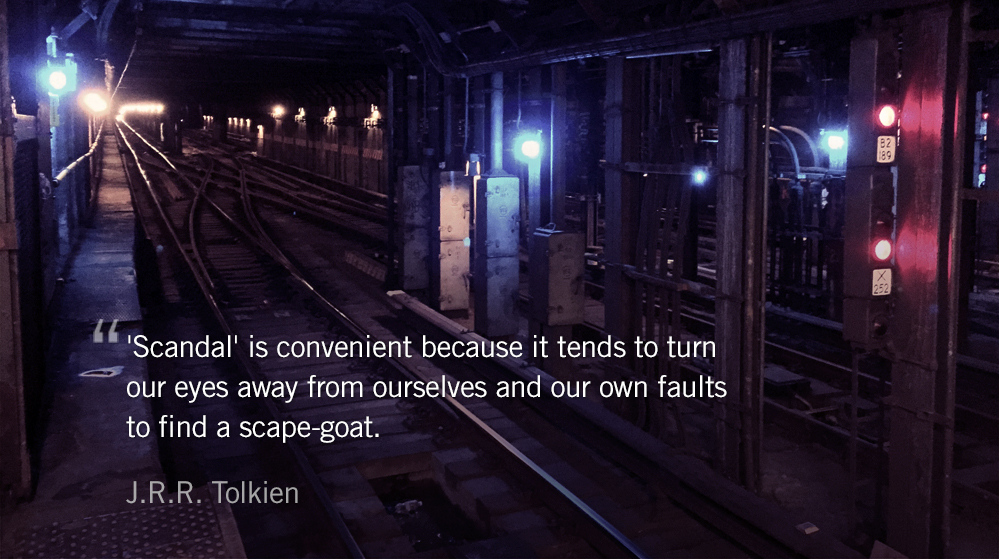“But you will receive power when the Holy Spirit has come upon you, and you will be my witnesses in Jerusalem and in all Judea and Samaria, and to the end of the earth.” — Jesus (Acts 1.8)
Julius Caesar updated the Roman calendar in 46 B.C.E., moving the beginning of the year and drawing attention to Janus. The ancient deity, who reigns over beginnings and endings, is depicted as having two heads—one facing the future, the other looking back toward the past.
At the same time in history it was a cultural standard in Babylon to make pledges to the gods—particularly around the return of borrowed objects and the repayment of debt.
The desire to be resolute this time of year has deep roots, though we are not as superstitious. Modern New Year’s resolutions are generally not focused on commitments to a deity, but to self. The principle strength for accomplishing goals is our own discipline and power; the primary goal is that our life will be better.
We can discipline ourselves to eat better, work out more, or use our time more wisely. Many will succeed—we are shockingly powerful creations—but accomplishment in these areas still leaves us longing for something greater.
In Acts 1, after making possible the fulfillment of all humanity’s longings, Christ passed his mission to his church. Contrary to the contortions of his message today, he did not challenge them to live perfect lives (legalism), to be their best selves (individualism), or to live a blessed life (prosperity gospel).
Christ told his followers that power would come through his Spirit—the implication is that they would remain weak—their power would be his presence. He gave them a mission that required them to sacrifice their pride, taking his message to the people they liked the least. He invited them to join something larger than themselves: his mission to restore all things.
Gospel-centered resolutions, it would follow, are those that cost our pride and sin the most—and yield the greatest gains for the cause of Christ. They join us to the community of believers and give us cause to rely on prayer and scripture as we lay down our pursuit of self for the glory of Christ. They accomplish, through our lives, the very wonderful things God intends for humanity. Best of all, they will come to fruition because of Christ’s power and presence in our world.











